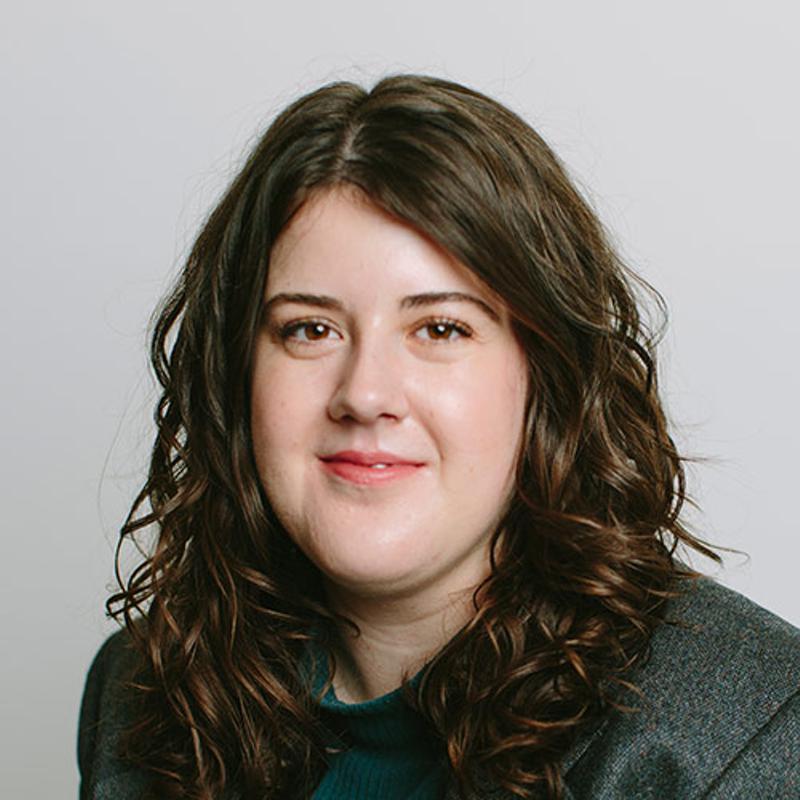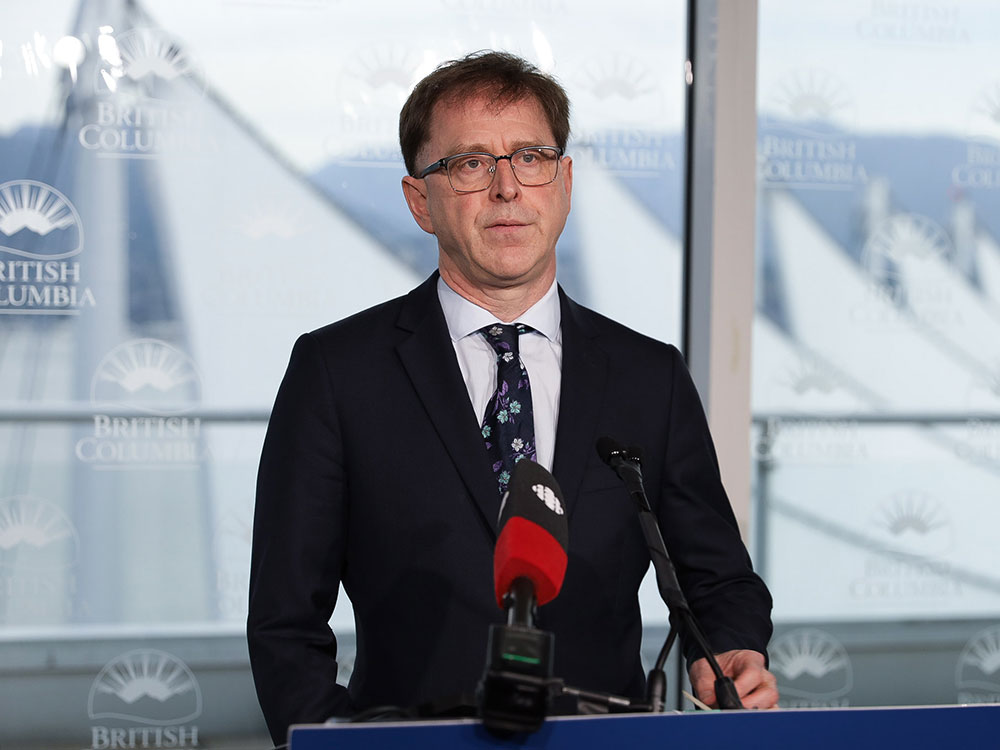British Columbia will send $118 million in relief funding directly to primary care doctors this fall in an effort to quell the growing shortage of family doctors and stabilize patient care in the province.
All family doctors working in longitudinal care or walk-in clinics, over 4,500 physicians, will be eligible for an average of $25,000 between Oct. 1 and Jan. 31.
The Ministry of Health is contributing $75 million of the funding, announced in partnership with Doctors of BC, and $43 million is coming from the General Practice Services Committee, which was established in concert with Doctors of BC.
Health Minister Adrian Dix said doctors can use the funding to cover overhead costs like staffing, clinic supplies and rent, and to supplement their own salary at their own discretion.
“This interim funding will provide the support and stability our family doctors and their patients count on,” said Dix on Wednesday.
Approximately one million British Columbians do not have a family doctor, and waitlists for specialist care and surgery remain long.
“We have a lot of work ahead of us to achieve long-term solutions to the primary care crisis in this province,” said Dr. Ramneek Dosanjh, president of Doctors of BC. “But I do believe we are one step closer today.”
The announcement is a stop-gap measure for the floundering primary care system, which has been hemorrhaging physicians to telehealth practice and having difficulty attracting new doctors to replace those retiring.
It comes amid negotiations between the government and Doctors of BC for a new master agreement governing physician compensation. The new agreement, to be announced this fall and take effect early next year, will usher in the transformational changes needed to keep and attract family doctors, Dix said.
“This is an important announcement that stabilizes the system,” said Dix. “It also demonstrates our commitment to a new funding model for primary care.”
Currently, primary care doctors are contractors who are paid through a fee-for-service model, meaning they bill the Medical Services Plan, or MSP, for each service provided to a patient.
That fee stays the same no matter how long or complex their appointment with a patient is. A doctor’s pay is their billings minus the overhead costs of running a clinic, like office and medical supplies, staff salaries and soaring rents.
The fee-for-service model also does not compensate doctors for the administrative work of running a clinic, or cover sick or parental leave time.
Doctors have said the model makes caring for patients with complex medical needs and conditions difficult, and impedes the development of the strong relationships that are essential to good care.
And in recent months, some have sought controversial alternative solutions to keep their clinics open and patients attached.
A Capital Regional District doctor recently withdrew a proposed $125 monthly retainer fee after an investigation by the Medical Services Commission, and instead announced she would unenrol from MSP and bill patients directly for her services.
Many are also leaving to telemedicine platforms like Telus Health MyCare, which offer the ability to practice with far reduced overhead costs and administrative work. But the paid LifePlus plan for longer appointments and fast access to a team of multidisciplinary health practitioners requires existing patients to pay for memberships.
The Medical Services Commission is currently reviewing Telus Health LifePlus plan to see if it is giving priority to paying members and equates to a two-tire health-care system, which would violate the Canada Health Act. The MSC will release its findings and any actions taken “in due course,” Dix said.
The BC Greens say Wednesday’s funding is an important step that should have been taken sooner.
“Why today and not months ago? Many clinics have closed their doors while the government did nothing to address the increasing cost of overhead,” said Adam Olsen, MLA for Saanich North and the Islands, in a news release.
The Greens have called for a modernized fee-for-service model to compensate doctors for time spent with patients and unpaid administrative tasks, as well as the expansion of community health centres run by non-profits.
“I am still waiting for Minister Adrian Dix to show British Columbians a coherent plan,” said Olsen.
Dix said the work is not stopping with Wednesday’s announcement, but “it’s an important step, and it’s an important start.” ![]()
Read more: Health, BC Politics
















Tyee Commenting Guidelines
Comments that violate guidelines risk being deleted, and violations may result in a temporary or permanent user ban. Maintain the spirit of good conversation to stay in the discussion.
*Please note The Tyee is not a forum for spreading misinformation about COVID-19, denying its existence or minimizing its risk to public health.
Do:
Do not: